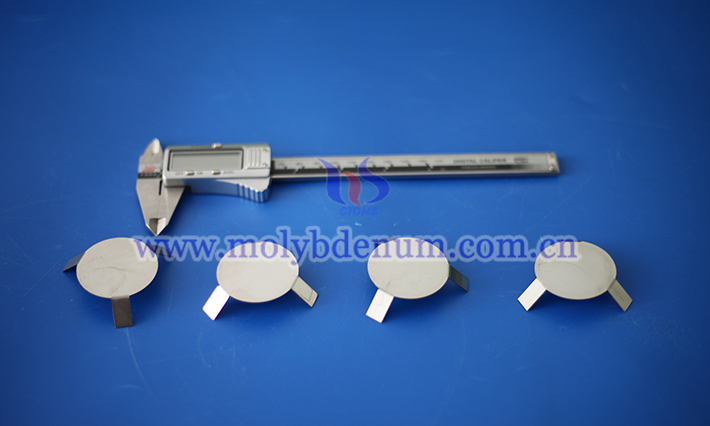Unlocking the Production Secrets of Ammonium Metatungstate: A Deep Dive into Multiple Processes
- Details
- Category: Tungsten Information
- Published on Monday, 19 May 2025 15:48
- Written by Xiaoting
- Hits: 294

Ammonium metatungstate (AMT) is a compound formed by the combination of ammonium cations and metatungstate anions, typically appearing as a white crystalline powder with good water solubility and chemical stability. These properties lay a solid foundation for its applications in catalysts, electronics, ceramics, and other fields. Given its wide-ranging uses, research into AMT production methods is of great importance, as it directly impacts product quality, performance, production costs, and efficiency.
Ammonium Metatungstate: An Orderly Miracle of the Microscopic World
- Details
- Category: Tungsten Information
- Published on Monday, 19 May 2025 15:44
- Written by Xiaoting
- Hits: 300

In the vast universe of materials science, ammonium metatungstate (AMT) shines like a unique and dazzling star, exuding captivating charm. This inorganic compound, with its excellent physicochemical properties, holds a pivotal position in modern industry and cutting-edge scientific research.
Read more: Ammonium Metatungstate: An Orderly Miracle of the Microscopic World
Why Is Molybdenum Sheet Chosen as Heating Elements in Vacuum Furnaces?
- Details
- Category: Tungsten Information
- Published on Monday, 19 May 2025 15:37
- Written by Xiaoting
- Hits: 264

As a typical product of the transition metal molybdenum, molybdenum sheet is a sheet-like material processed from molybdenum metal through rolling, cutting, and other techniques. Beyond its use in electronics and aerospace for manufacturing high-temperature electronic components and sputtering targets, it is also employed to create heating elements in vacuum furnaces.
Read more: Why Is Molybdenum Sheet Chosen as Heating Elements in Vacuum Furnaces?
Why Is Molybdenum Sheet Chosen as Connectors in Vacuum Furnaces?
- Details
- Category: Tungsten Information
- Published on Monday, 19 May 2025 15:41
- Written by Xiaoting
- Hits: 258

A vacuum furnace, as a core device for high-temperature heat treatment and material processing in high-vacuum or inert gas environments, relies on the efficient collaboration of its components for stable operation, with connectors serving as an indispensable "link." Connectors are components that join critical parts within the vacuum furnace, such as heating elements to electrodes and heating elements to the furnace structure. They not only facilitate current transmission and heat conduction but also provide structural fixation and stress buffering. Among various materials, molybdenum sheet stands out due to its multiple advantages, making it the ideal choice for vacuum furnace connectors.
Read more: Why Is Molybdenum Sheet Chosen as Connectors in Vacuum Furnaces?
Why Is Molybdenum Sheet Chosen as Reflective Screens in Vacuum Furnaces?
- Details
- Category: Tungsten Information
- Published on Monday, 19 May 2025 15:33
- Written by Xiaoting
- Hits: 267

A vacuum furnace is a device that performs high-temperature heat treatment or material processing in a high-vacuum environment, widely used in applications such as sapphire crystal growth, metal heat treatment, and ceramic sintering. Within the vacuum furnace, the reflective screen is a critical component, designed to reduce heat loss, improve thermal efficiency, and protect the furnace structure. Due to its excellent physical and chemical properties, molybdenum sheet is the preferred material for vacuum furnace reflective screens.
Read more: Why Is Molybdenum Sheet Chosen as Reflective Screens in Vacuum Furnaces?





 sales@chinatungsten.com
sales@chinatungsten.com